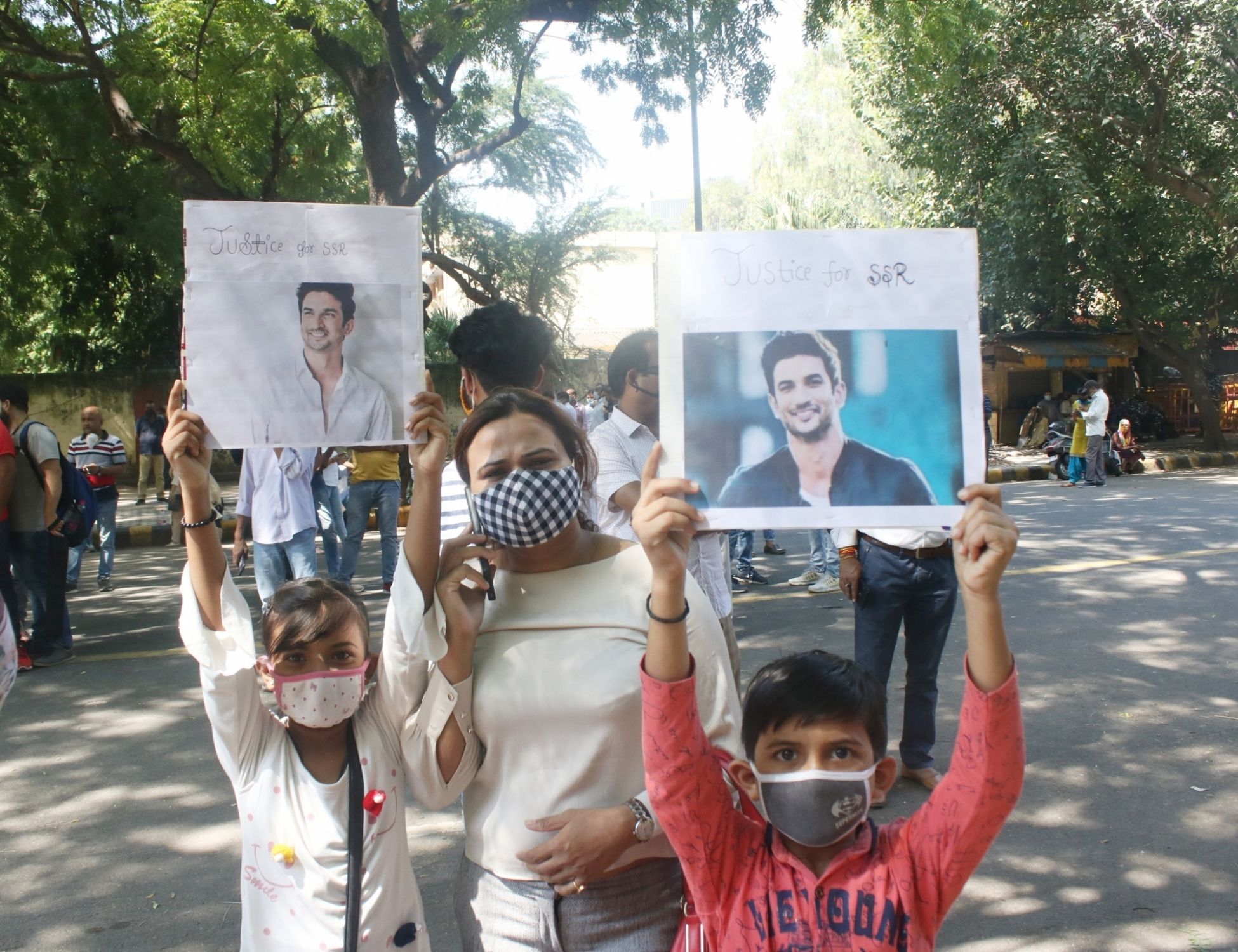|
Washington, Nov 26 (IANS) Critical parts of a cell's energy production machinery, the mitochondria, can be made dysfunctional due to space travel, says a study.
The results, published in the journal Cell, are based on studies of both mice and humans who have travelled into space reveal.
The impact in a cell's energy production machinery is linked to changes in gravity, radiation exposure and other factors, according to the study.
"My group's research efforts centred around muscle tissue from mice that were sent into space and were compared with analyses by other scientists who studied different mouse tissue," said Evagelia Laiakis, Associate Professor at Georgetown University Medical Centre in the US.
"Although we each studied different tissue, we all came to the same conclusion: that mitochondrial function was adversely impacted by space travel."
In addition to studying the effects of space travel on cellular function, the scientists used a trove of data from decades of NASA human flight experiments to correlate their outcomes in animals with those from 59 astronauts.
They were also able to access data derived from NASA's repository of biospecimens that had flown in space to do further comparisons.
Data from NASA's Twin Study of Mark and Scott Kelly was particularly informative as it allowed for a comparison of the health effects seen in an astronaut in space, Scott, with his earth-bound brother, Mark, who is a retired astronaut.
Comparing their studies of mice with human data, Laiakis and the team of researchers were able to determine that space travel led to certain metabolic effects: Isolated cells were adversely impacted to a higher degree than whole organs, changes in the liver were more noticeable than in other organs, and mitochondrial function was impacted.
Because space travel almost always exposes people to higher levels of radiation than would be found on earth, the scientists knew that such an exposure could harm mitochondria.
This aspect of radiation exposure translates to health outcomes here on earth for cancer patients who undergo radiotherapy.
With this knowledge of radiation's impact on mitochondria, clinicians might tailor radiation therapy in different ways in the future to protect normal tissue.
The implications for future travel to Mars are especially concerning, the researchers said, as that would involve a much longer time in space and hence lengthy exposure to radiation.
--IANS
gb/na
Copyright and Disclaimer: All news and images appearing in our news section, search engines and social media are provided by IANS. If you face any issues related to the content/images, please contact our news service provider directly. We are not liable/responsible for any content/images related to the news service provider.
|








